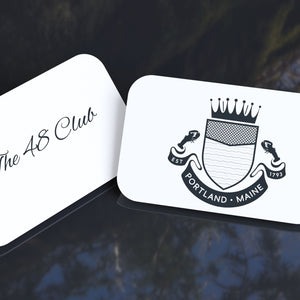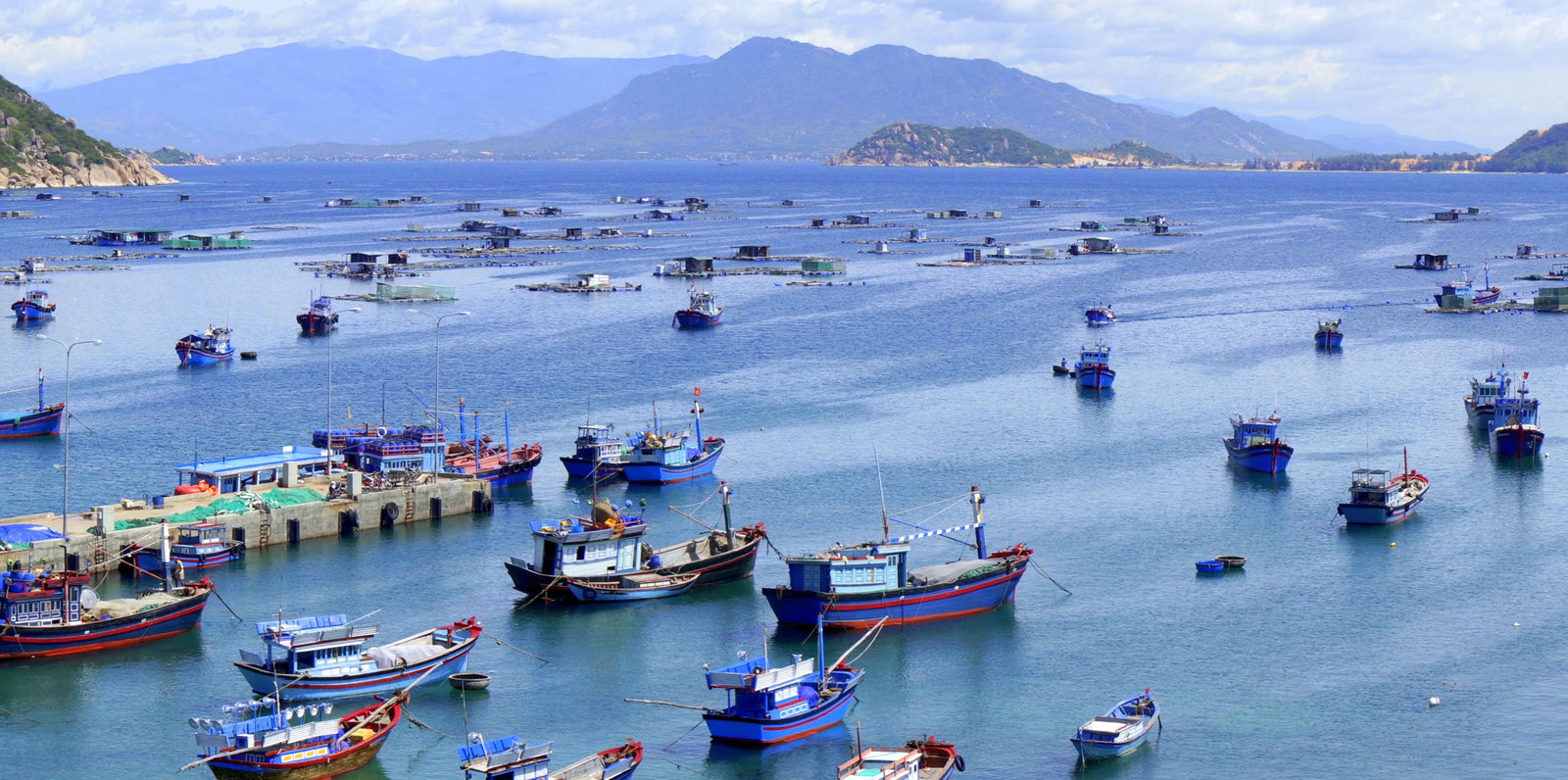The seafood industry is riding a wave of change as both ocean lovers and eco-warriors rally for more sustainable practices and lobster farming is jumping onboard! With wild lobster stocks feeling the heat, farm-raised lobster is stepping in to pinch the pressure (pun fully intended).
Thanks to cutting-edge tanks and environmentally-friendly methods, farmed lobster is moving from tank to table with a smaller footprint (and claws down, just as tasty!). The future of seafood? It’s looking greener, cleaner, and packed with more shell-cracking goodness than ever before!
Can You Farm Lobster?

Can you farm lobster? Well, that’s the million-dollar question! Lobster farming, or aquaculture, isn’t as straightforward as it sounds since these clawed critters are a bit finicky when it comes to being raised in captivity.
Historically, farming lobsters has been tough because they grow slowly, need specific conditions, and, oh yeah, they tend to eat each other if housed together. But don’t let that scare you! While farm-raised lobster hasn't fully replaced wild-caught methods, advances in aquaculture are changing the game.
Thanks to innovative tech and more sustainable practices, we’re closer than ever to cracking the code on lobster farms that don't need to depend entirely on the wild catch. So yes, you can farm lobster, but it’s a process that’s still evolving.
Lobster Farming in Maine

Maine and lobsters are basically the ultimate dynamic duo, like Batman and Robin, if Robin were also made of butter. Not only has Maine been hauling in lobsters for as long as we know, but now they're leading the charge in giving lobster farming a sustainably shiny future.
From reducing wild-caught reliance to developing greener, cleaner farming techniques, Maine is spearheading a lobster revolution because let’s be real, nobody wants a future where lobster rolls are endangered! Lobster farming here isn't just about catching the best crustaceans, it's about ensuring that lobster rolls stay on our plates for generations, and that’s the kind of sustainability we can all get behind!
Innovations in Lobster Farms and Sustainability

Lobster farming isn’t just a fancy new way to keep seafood on our plates, it’s becoming a playground for some seriously innovative tech. These aren’t your average lobster farms; they’re high-tech operations with eco-friendly missions. Here’s a look at some of the game-changing advancements shaping sustainable lobster farming:
Recirculating Aquaculture Systems (RAS)
Picture a giant, self-contained aquarium where lobsters are raised. RAS recycles water and dramatically reduces the environmental footprint of lobster farms. It's like having a lobster farm in a bubble without the pollution spillover! This system also ensures farm-raised lobster enjoy a cleaner, controlled environment, producing top-quality seafood with less strain on the ocean.
Sustainable Feeding Practices
Lobsters aren’t just eating scraps anymore. These farms are experimenting with more sustainable diets, often using feed that reduces the impact on other fish stocks. Think of it like giving lobsters a farm-to-table experience but underwater.
Wild Population Relief
By cultivating lobsters in farms, there's less pressure on wild populations. This helps maintain balance in the marine ecosystem, ensuring there are still plenty of lobsters for future generations to enjoy (and for us to eat with melted butter).
Thanks to these innovations, farmed lobster is increasingly synonymous with sustainability, making it an eco-friendlier choice for seafood lovers who want to enjoy their lobster guilt-free.
Are There Lobster Farms?

Oh, you bet there are! Lobster farms are popping up around the world like the new cool kids on the seafood block. While they haven’t quite reached the level of fame of salmon or shrimp farms (yet), they’re making waves as technology improves and sustainable practices are perfected.
Think of farm-raised lobsters as the quirky introvert of the seafood world. They like their space, prefer not to mingle, and growing them in large numbers can be a bit like trying to host a dinner party where every guest insists on a solo table.
But lobster pioneers aren’t backing down! From Canada to Norway, lobster farms are turning the tide, finding ways to nurture these clawed critters from baby lobsters (aka hatchlings) to market size while keeping things eco-friendly. Soon enough, lobster farming could have us all raising a claw in celebration!
Future Prospects for Farmed Lobster

Lobster farming is on the brink of a major glow-up, poised to meet the world's seafood cravings without putting wild lobster populations on the endangered list. It’s all about going big, without going bust, by embracing cutting-edge tech like the RAS and mastering hatchery techniques so that baby lobsters have the best start in life (because hey, who doesn't want to raise a future seafood star?).
As the world pours more brain power and resources into sustainable feeding solutions and innovative farming practices, it won’t be long before farmed lobster is as common on dinner plates as salmon. Imagine lobster becoming a go-to dinner staple and no longer reserved for fancy dinners or special occasions.
We’re talking everyday luxury right in your kitchen! Just remember, it’s about making sure we keep the oceans thriving and these tasty lobsters around for future generations. So let’s give a little round of applause for lobster farming because it’s not just tasty; it’s saving the world, one claw at a time!
Wrapping Up
Lobster farming isn’t just a flash in the pan, it’s a game-changing move to keep our seafood future both sustainable and mouth-wateringly delicious. As the world’s appetite for lobster skyrockets, sustainable lobster farming and Maine’s hardworking lobster farms are stepping up, proving that eco-friendly practices and top-tier taste can totally go claw-in-claw.
And hey, all this talk about sustainable seafood got your stomach growling? Why not satisfy that craving with our succulent live Maine lobsters or our tender lobster tails? These beauties are sustainably caught in the chilly, crystal-clear waters of Maine, supporting local fishermen and keeping our oceans in harmony!









